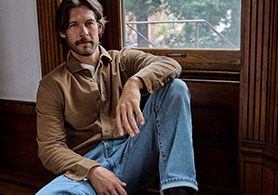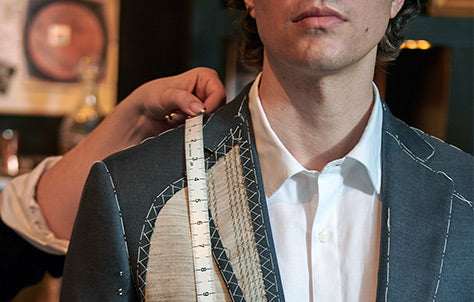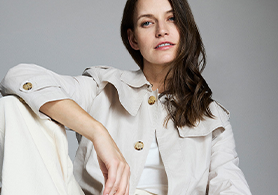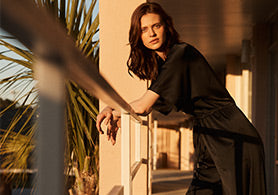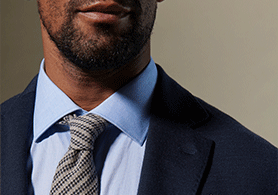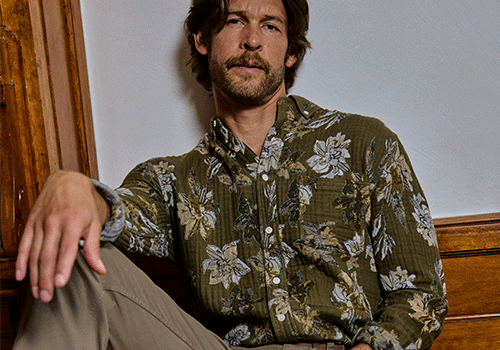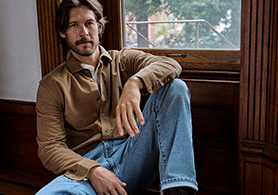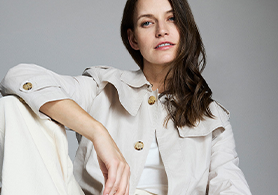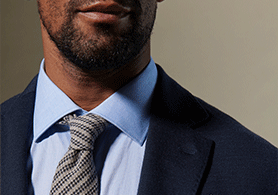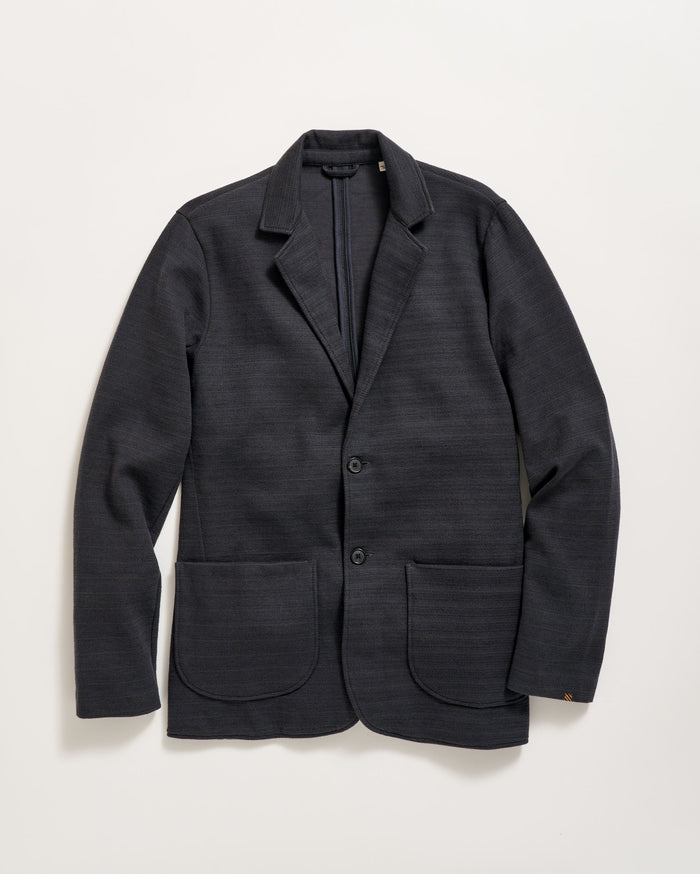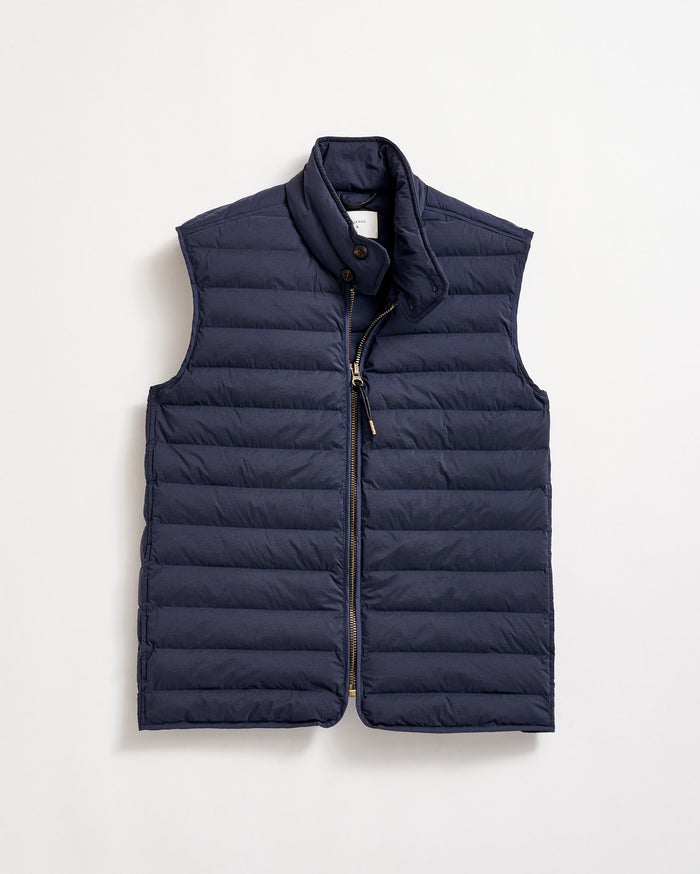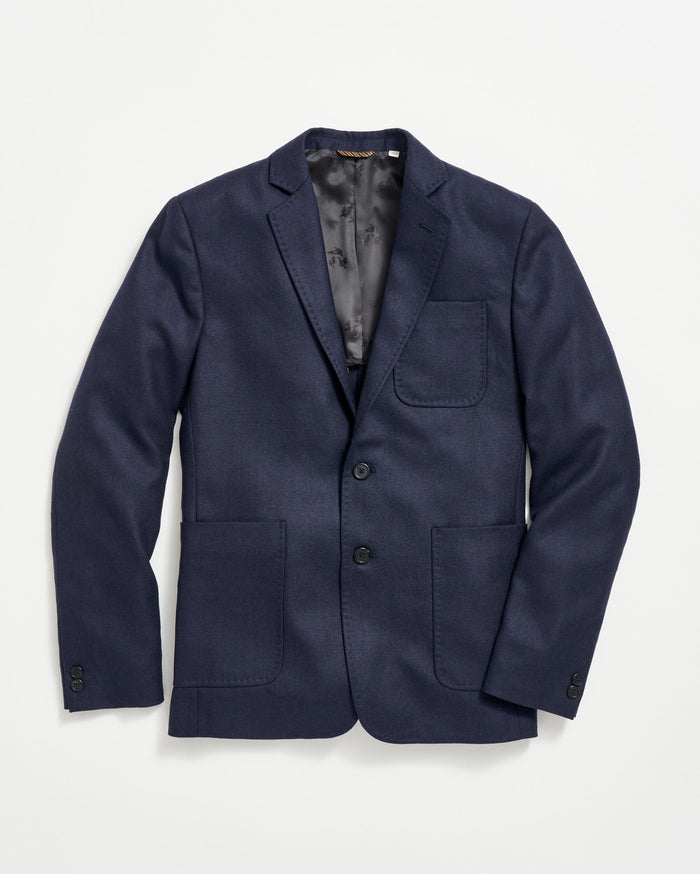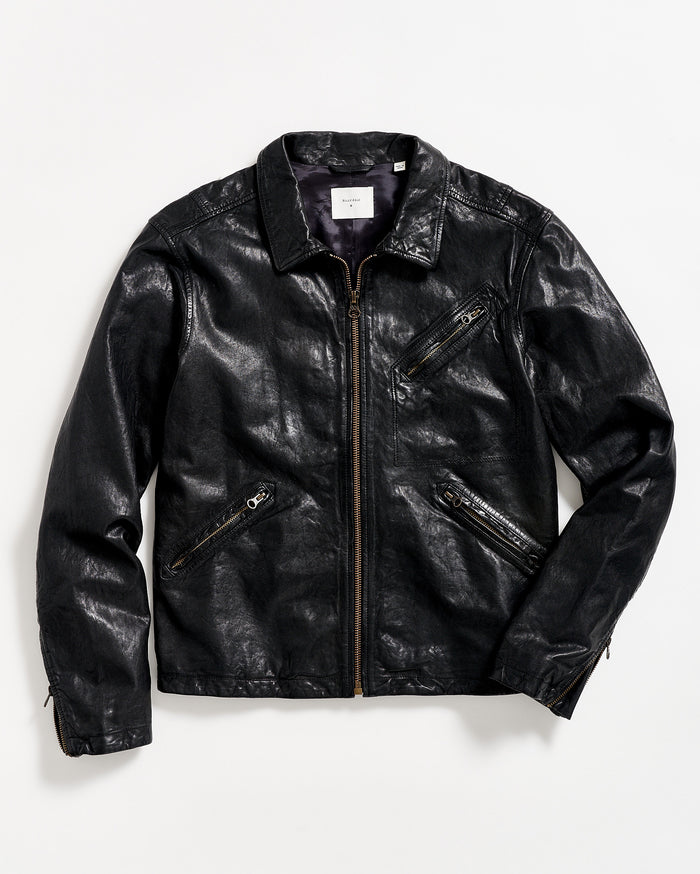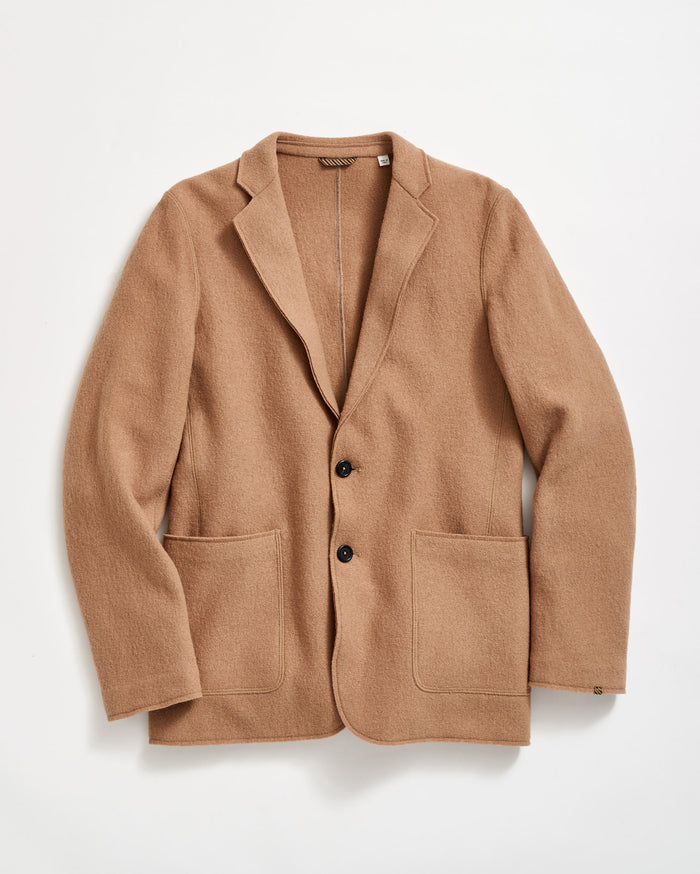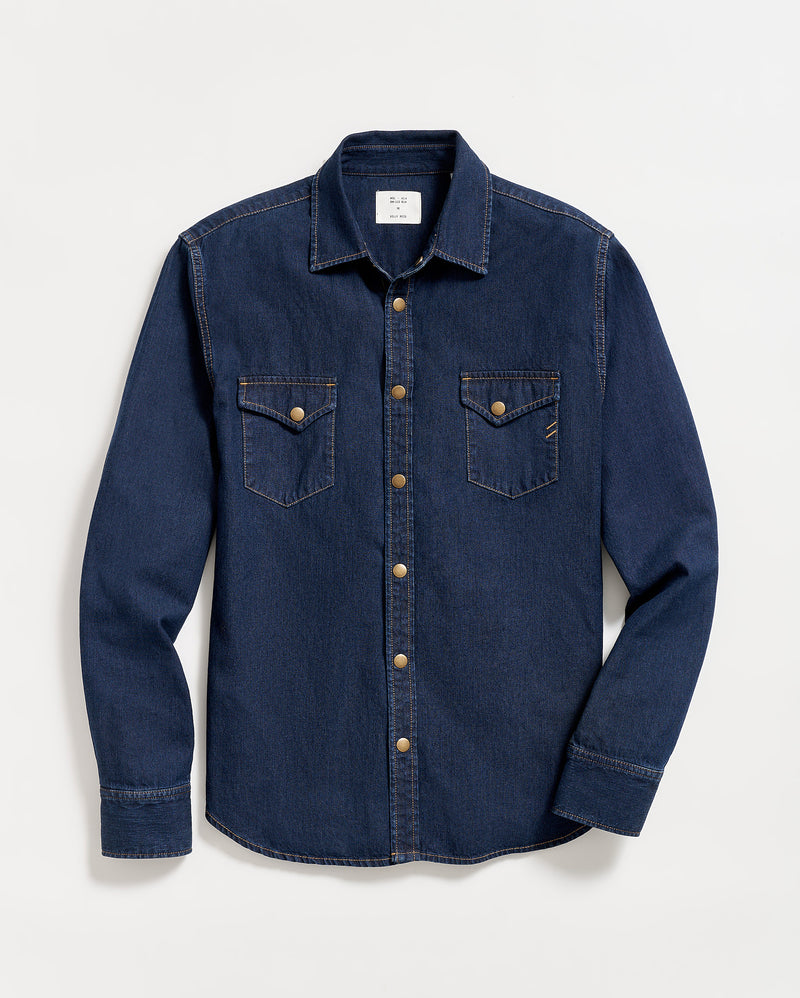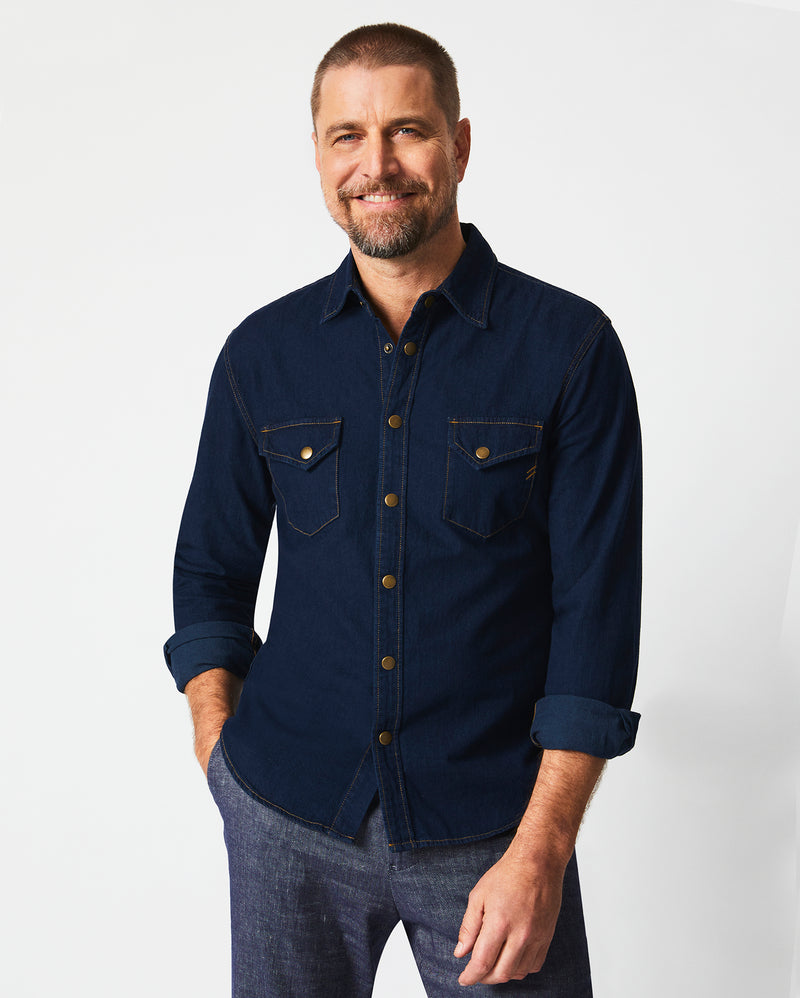How do you hold onto all those travel memories?
DH: We love to go and collect. My dad had this thing when we would travel where he would give us a budget for trinkets. If we were on a ten-day trip, he'd say, alright, you got $100. He would always encourage us to buy something “real.” I remember when I was eight years old, we went to Mesa Verde and saw a bunch of famous Native American sites, and I bought an actual tomahawk. I still have it. I’m 42 years old and still have lots of these things in my life. The only thing is we have to be careful not to make our house a museum.
It’s the memories that take you back. Billy’s like that too. He’s a “treasure” person.
DH: I have one of the OG Florence hats. It’s kind of an heirloom. One of my favorite shirts is the Yellowhammer shirt you guys put out a few years ago. The clothes are all really generational.
For all the traveling you’ve done though, you’ve also been in Nashville for nearly 20 years. For a guy who’s band is literally, “The Neighbors,” what does home mean to you?
DH: I think our home is a gathering place for friends and family. Ellie has a gift for hospitality. I also love hosting. We grew up in homes where there was a lot of activity. So there's that fine balance of home as a place where you go to rest, especially for us after being on the road. But it's the place where there's a lot of action. We have three children, so there's always something literally and metaphorically bouncing off the walls. A lot of people love to have their house, and it's their space. Those lines are a little blurry in a neighborhood like East Nashville because you live close to people. We walked to dinner last night, we walked down the street to this restaurant on the corner, and we rode our bikes to school to drop our kids off. We go to the park, but the smaller yards, more park is sort of the vibe of this area. It also sets the tone for the communal way of being.
It sounds like the neighborhood really influences your work.
DH: Yeah, literally two minutes ago, while we were sitting here, I got a text from my next-door neighbor. “Hey, I didn't know you dropped a new song. I know now I'm not on social media, but it popped up on my Apple Music. Love it. See you later today!”
Did you always know you were going to pursue music—hell or high water—or did you have other plans from other interests of yours?
DH: I wasn't sure what I was going to do. But I loved school. I loved reading. I loved narrative nonfiction writing. I thought my path to that was going to be through academics. I was planning on getting some sort of PhD in history or religious studies or something like that, with the hope of writing. And I was playing music on the side. I didn't really even start writing songs until I was a junior in college. My dad just basically told me, go to school and learn how to learn and study something you love, and you can do anything.
As far as collected treasures go, I know books are really important to you. Do you have a favorite?
DH: My favorite book is East of Eden, by John Steinbeck. I have a first edition. I try to mark key celebrations by buying first editions. For instance, the first time I sold out the Ryman, I bought a first edition of C. S. Lewis's The Lion, the Witch, and the Wardrobe. When my record Souvenir came out, I bought a signed first edition of Pat Conroy's Prince of Tides. The John Steinbeck one was when our song “Find Your People” went number one on Americana radio, which is our first number one.
